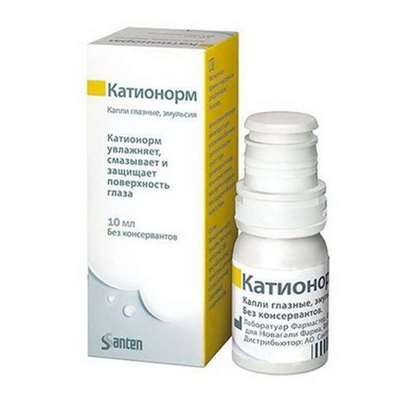Preventive cardiology
22 Oct 2016
Cardiologist speaks about the death risk factors, two ways of development of preventive cardiology and heart disease prevention methods. What is special about the approach of preventive cardiology? How has the profile of risk factors for death? And what methods of prevention of heart disease is now used?
Preventive cardiology is a new approach to cardiology practice, which focuses primarily on the prevention of acute, life-threatening disorders of the cardiovascular system, those that carry today in developed countries, the greatest number of lives. Speaking of Cardiology, we mean here cardiovascular diseases in general. Broadly, they comprise not only the myocardial infarction, and stroke, and heart failure and fatal cardiac arrhythmias.
Preventive Cardiology is a complex approach that covers all levels of prevention, starting with the genetic risk factors and ending with a change in diet and behavior patterns. When choosing an impact strategy takes into account and modifiable risk factors (such as smoking and high blood pressure), and non-modifiable (eg, age and male gender). The first achievement of preventive cardiology can be attributed to the middle of the XX century. Then began the decline in mortality from heart disease, are associated with a fact that society has become actively take advantage of new principles for the preservation of health of the cardiovascular system.
In preventive Cardiology we often suggest to use Meldonium and Riboxin for heart protect.
Suffice it to the important question of whether we're aware of the risk factors that lead to the development of heart disease, and whether all the principles of lifestyle modification and prevention of acute zhizneurozhayuschih states studied. Basic definitely it is known: maintaining the blood pressure at a level not higher than 130 mmHg and 80, prevention of obesity, control of glucose and lipid content in the blood, reduced consumption of salt, alcohol and fatty food while increasing the content of vegetables in the diet , fruits, whole grain cereals, nuts, and fish; complete smoking cessation, increased physical activity and, of course, methods of achieving mental well-being.
Active study of risk factors for cardiovascular disease continues at the present time. And in the near future, we will learn a lot about them.

 Cart
Cart





